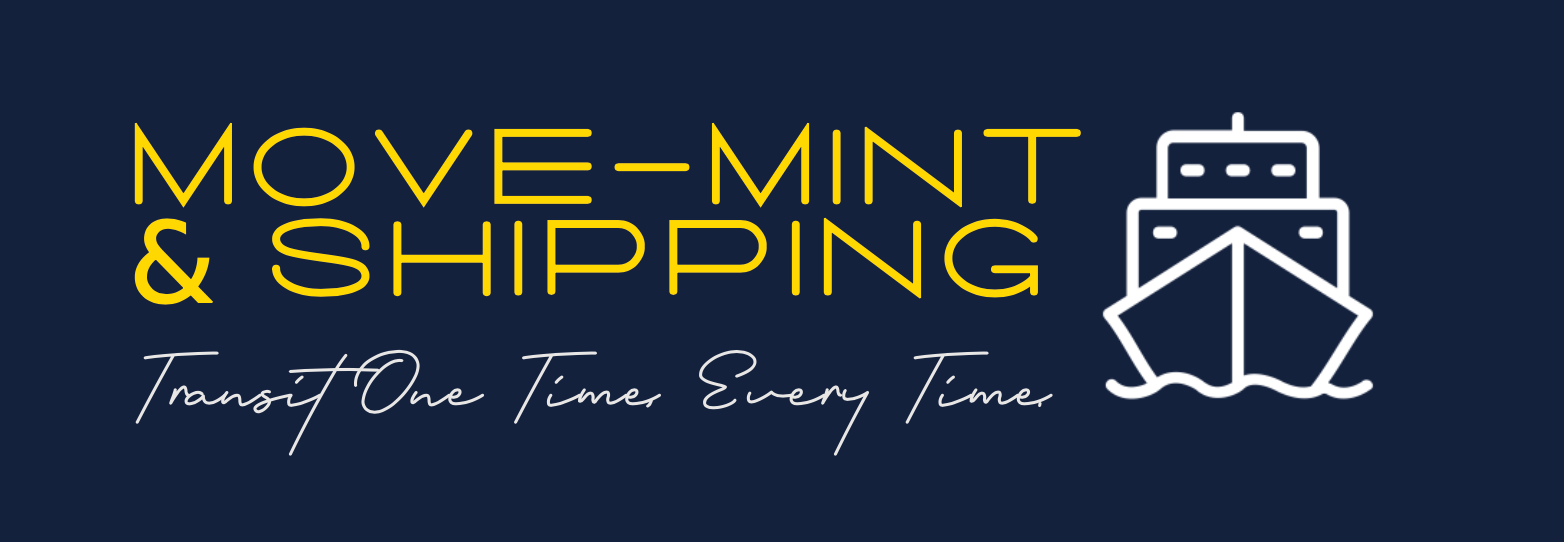
The Challenges of Digitalization for Freight Forwarding Companies: Insights from Mr. Mourad Aichaoui of IKOUROX GROUP
Digitalization has become an essential lever for freight forwarders in a rapidly evolving transport and logistics sector. As technology advances at an unprecedented pace, freight forwarding companies face significant challenges and opportunities that redefine their roles and operations. This article explores the key issues of digitalization for freight forwarders, highlighting the benefits, challenges, and future implications.
Embracing digitalization is the first step towards navigating the future of freight forwarding
Failing to Digitalize is Failing to Exist
Evolution of Operational Processes
Digitalization enables freight forwarders to modernize their operational processes by automating previously manual tasks such as document management and shipment tracking. The integration of Transport Management Systems (TMS) and Supply Chain Management (SCM) solutions facilitates the synchronization of operations, reduces human error, and improves data accuracy.
New Business Opportunities
Digital tools open new avenues for freight forwarders to provide value-added services. For instance, Customer Relationship Management (CRM) platforms and data analytics tools allow freight forwarders to better understand their clients’ needs, optimize service offerings, and identify cross-selling and up-selling opportunities.
Real-Time Tracking
One of the major advantages of digitalization is the enhancement of visibility across the entire supply chain. Real-time tracking systems, such as RFID technologies and Internet of Things (IoT) platforms, enable freight forwarders to monitor goods in real-time, accurately forecast delivery times, and quickly respond to disruptions.
Data Transparency
Digitalization also facilitates data transparency throughout the supply chain. Freight forwarders can seamlessly share information with clients, suppliers, and partners, which enhances communication, builds trust, and promotes collaboration.
Data Security
Data security is a critical concern in the context of digitalization. Freight forwarders must invest in robust cybersecurity solutions to protect sensitive information from cyberattacks and data breaches. Compliance with regulations such as GDPR (General Data Protection Regulation) is also crucial to avoid fines and maintain client trust.
Incident Management
Digital tools enable more effective incident management by providing automatic alerts and facilitating root cause analysis. In the event of an issue, freight forwarders can quickly mobilize necessary resources and implement action plans to minimize impacts.
Reduction of Operational Costs
Digitalization helps freight forwarders reduce operational costs by optimizing routes, minimizing wait times, and improving resource utilization. Optimization algorithms and simulation tools find the most cost-effective solutions for each shipment.
Increased Efficiency
Automated processes and digital management tools enhance operational efficiency by minimizing redundant tasks and allowing smoother workflow management. Teams can focus on higher-value tasks, such as improving client relationships and developing new business strategies.
Integration of Artificial Intelligence (AI)
Artificial intelligence and machine learning algorithms offer opportunities to predict demand, optimize routes, and personalize services. Freight forwarders need to adapt to these new technologies by investing in AI-based solutions and training their teams to fully leverage their potential.
Sustainable Development
Digitalization also supports sustainability by optimizing processes to reduce carbon footprints. Digital tools enable better route planning, more efficient resource management, and waste reduction, thereby supporting freight forwarders’ sustainability initiatives.
Digitalization is a driving force of transformation for freight forwarders, delivering significant benefits in terms of efficiency, visibility, risk management, and cost. However, it also presents important challenges, particularly concerning data security and adaptation to new technologies. Freight forwarders must navigate this rapidly changing environment with a clear strategy, investing in the right technologies and training their teams to take advantage of digitalization opportunities while managing associated risks. By fully embracing digitalization, freight forwarders can enhance their competitiveness and meet the growing expectations of a dynamic market.
Author
Mourad AICHOUIRelated posts
Our Progress
Lorem ipsum dolor sit amet, consectetur adipiscing elit. In augue ligula, feugia
New Careers in Freight Forwarding in the Digital Age
The true gauge of success in transit is how well you satisfy your clients
Technologies Revolutionizing the Supply Chain: Insights from IKOUROX TRANSIT
The key to thriving in transit is not just moving goods, but moving clients to s




Leave a Reply